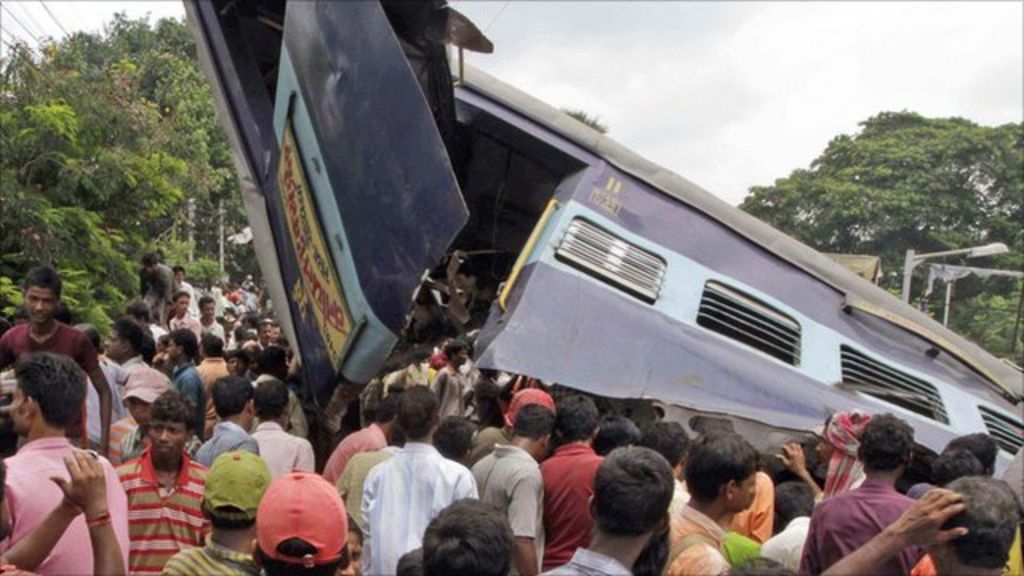A serious train accident occurred in West Bengal, India, on Monday, June 17th, 2024. A passenger train, the Kanchanjungha Express, collided with a goods train in the Phansidewa area of Darjeeling district. The incident, which was confirmed by the state's Chief Minister Mamata Banerjee, has caused significant disruption to local transportation and raised concerns about passenger safety.
Details regarding the cause of the accident and the number of casualties are still emerging. Chief Minister Banerjee expressed her shock upon learning about the incident and stated that authorities were on the scene to oversee rescue operations and investigate the cause of the collision.
Local news outlets reported that emergency services personnel were rushed to the site to assist those injured in the crash. The extent of the damage to the trains is also unclear, but images circulating on social media show mangled carriages and debris scattered across the tracks.
Train accidents are a recurring issue in India, with the country having one of the world's largest railway networks. According to a 2022 report by the Indian government, there were over 12, 000 train accidents in the country between 2018 and 2020. These accidents have resulted in numerous fatalities and injuries.
The Kanchanjungha Express is a popular route that connects Darjeeling, a hill station in West Bengal, with other major cities in the region. The accident has caused significant delays and cancellations on the route, leaving many passengers stranded. The Indian Railways ministry has urged passengers to check the status of their trains before embarking on their journeys.
The West Bengal government has announced that a thorough investigation will be conducted into the cause of the accident. This will involve examining factors such as signal malfunctions, track defects, and human error. The findings of the investigation will be crucial in preventing similar accidents from occurring in the future.
The train collision in West Bengal serves as a stark reminder of the need to improve safety standards on India's railway network. The government has pledged to invest in upgrading infrastructure and implementing stricter safety protocols. However, many critics argue that more needs to be done to address longstanding issues that have plagued the railway system for years.
The coming days will be crucial as authorities work to clear the wreckage from the accident site, restore normalcy to train operations, and provide assistance to those affected by the collision. The focus will now be on ensuring the safety of passengers and expediting a swift and comprehensive investigation.

